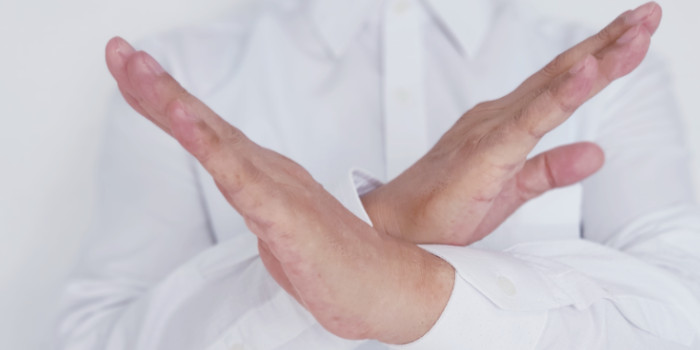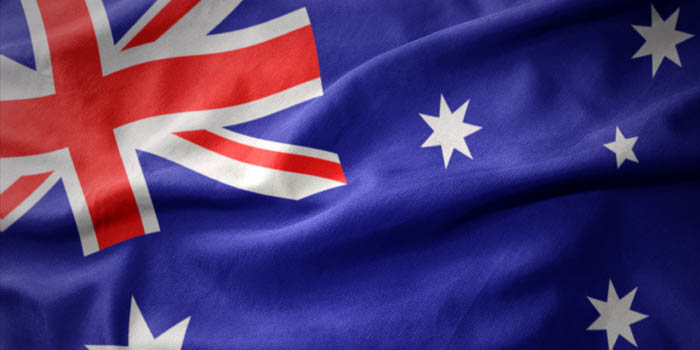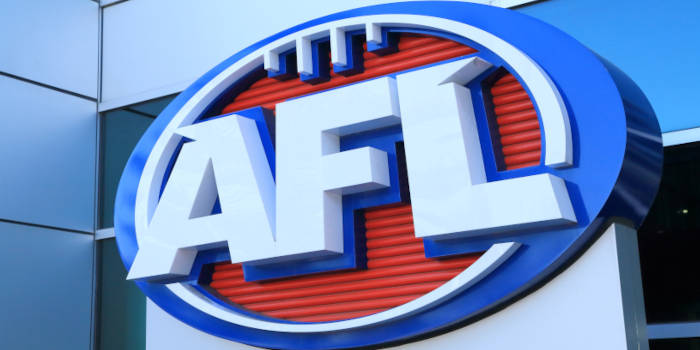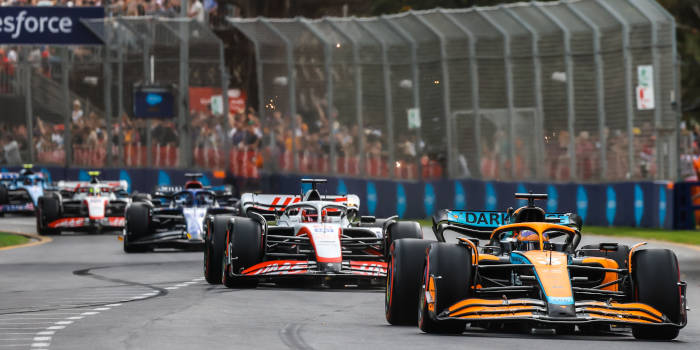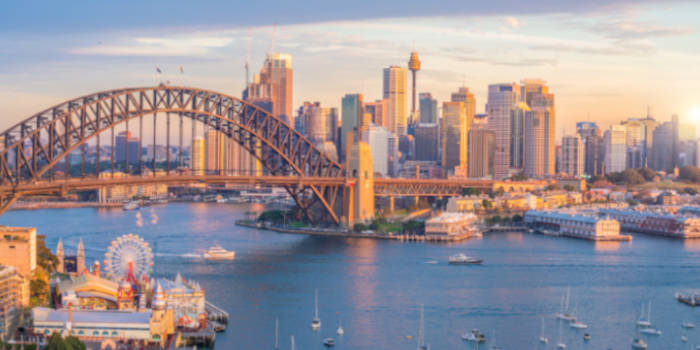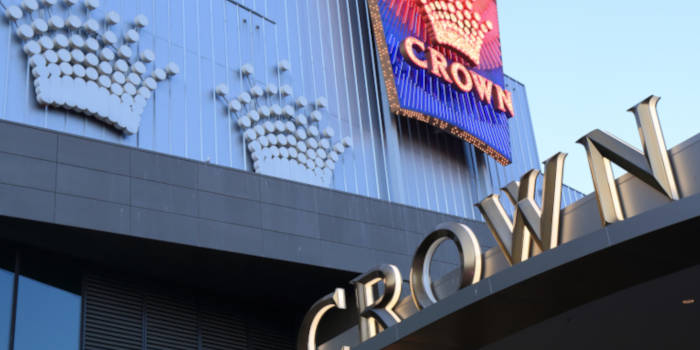Victoria Drives $239m in Pokie Losses Driven by Money-Laundering

An increase in pokie losses generated in January suggests not just a pent-up demand for gambling but rather organized crime groups laundering tainted money, experts warn.
Pokie Losses in Victoria Surge by $15m in January
Pokies took a hit for a while in 2020, but as of January, they are back at pre-pandemic levels, with Victoria’s poker machines costing gamblers the eye-popping $239 million. Yet, not all is to be chalked up to people returning to play more.
In fact, gambling experts fear that the increase in the activity may be stemming from money laundering by criminal organizations which are using pokies to get rid of hot money and cash out winnings.
Based on the reports, pokies collected $15 million more than they did in January 2020, marking a hefty increase. In light of these developments, the push by gambling abolitionists has continued with concerned parties arguing that the Victoria government should look into pubs and clubs across the province.
The argument goes that small-time criminals may be using low-key venues to carry out nefarious operations and staying off the radar of law enforcement. Business owners, on the other hand, are just happy to see someone use the pokie machines, so they mind their own business.
Meanwhile, Crown Resorts was found unfit to hold a license, prompting one of the biggest regulatory investigations Australia has seen in its gambling industry. Shortly after, Victoria also opened an investigation of its own.
However, Victoria may not actually be interested in targeting pubs and clubs. As a spokeswoman for the gaming minister Melissa Horne put it, the government considered clubs and pubs to be a low-risk and therefore not worth an investigation at the time.
The Time for a Broader Inquiry Is Now
However, the Alliance for Gambling Reform (AGR) has insisted that the Victorian royal commission looking into the Crown case should just as well make sure it addresses smaller crime tying into the same type of illicit activity.
According to the AGR, the problem was wide-spread, allowing organized crime groups to use low-level criminals to launder hot money across the state’s facilities hosting pokies. With the government’s refusal to act,
AGR executive director Tony Moore is planning to take action and speak to Horne directly. His argument goes that even if Crown Resorts is investigated and the problem is eradicated there, criminals would just shift their operations to local venues that are largely off the radar and may take years for officials to catch up. Moore had this to add:
“The money laundering that has gone on in Crown, even if we could stop that happening, those same criminal elements could just cross the river put their money through poker machines in the CBD of Melbourne, in any of the pubs and clubs.”
AGR executive director Tony Moore
As he puts it, the problem would just shift from one place to the next. Of course, there were other factors to consider, as noted by Charles Livingston, a gambling analyst from Monash University who spoke with The Age.
Looking into the Pokie Dynamics and Money-Laundering at Lowest Level
The pent-up demand, increase in disposable income, and fewer entertainment options were certainly some of those, but then again, so was money laundering, Livingston explained.
Addressing the ongoing money-laundering head-on, Livingston argued that criminals operated in a similar setup to drug cartels, with the groups looking for low-level people to run the money for them.
Livingston explained that local gambling regulation also made some provinces more preferable than others. For example, Victoria allows you to place just $1,000 on a machine, whereas in NSW, you can amp up that number to $7,500.
He further explained that there was no doubt that a significant number of the proceedings came from people who are looking to launder the proceedings, hurting the tax office in the process. Australian Hotels Association Victorian chief executive Paddy O’Sullivan said that all venues hosting pokies should make sure to abide by the state laws and do their best to prevent money-laundering on any scale.
Clubs and pubs are no exception, and they must meet the necessary regulatory norms. Compliance is enforced by AUSTRAC, which should create the protocols necessary to mitigate risks. Despite regulators’ better efforts so far, though, a refusal to look into the problem on a local level may fuel money-laundering for years to come.
Although Fiona doesn't have a long-spanning background within the gambling industry, she is an incredibly skilled journalist who has built a strong interest in the constantly growing iGaming network. The team at GamblingNews.com is glad to have her on our roster to help deliver the best stories as soon as they hit. Aside from writing, she loves to dabble in online casino games such as slots and roulette, both for her own enjoyment and also as research to better improve her understanding of the industry.

